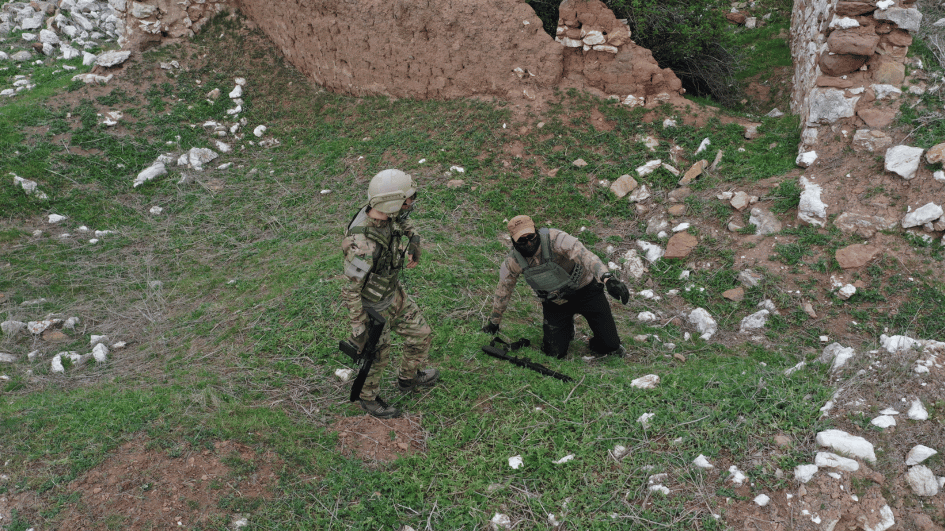Back to diplomacy on Cyprus
It was seen once again that in the absence of international attention, and even pressure, the two sides in Cyprus will not be able to continue pretending as if they are talking, let alone give the air of even searching for a compromise. Would it have been possible for the two leaders to come together if the United States, with all its might, had not entered the scene and asked the two sides to moderate their positions or else?
What was the “or else?” The Americans never ever said that, but seriously warned the two sides about the possible consequences. Turkey and Greece were also “persuaded” into the new exercise so much so that, for the first time in the recent history of Turkish Cypriots, they were bypassed by Ankara or Ankara gave American mediators the “advance yes” of the Turkish Cypriots and ensured Greek Cypriots said “yes” to the initiative.
Should we complain why the Americans are so interested in a Cyprus settlement? Definitely not. By the way, there is currently a powerful Russian delegation on the island, watching the developments on the spot. If the Cyprus problem has been handicapping Turkey’s relations with Western institutions and the West is bothered by the possibility of Turkey drifting away, is there a point to asking why the Americans are so very interested in a Cyprus deal? Or, putting everything aside, if Cyprus is a member of the European Union and the EU is finding it costly to not be able to open so many chapters of the accession talks with EU-membership aspirant Turkey because of the Cyprus problem, can the EU ignore the Cyprus issue? Or, if Cyprus has been a very important spot strategically, as well as moneywise for the new tsars of Russia, if there have been “comrade relations” with a section of Greek Cypriot society, can Russia remain indifferent to developments in Cyprus?
When they were entering the U.N. compound in Nicosia’s deserted former international airport in the buffer zone, Turkish and Greek Cypriot leaders were not just heading their small army of experts on all aspects of the Cyprus problem, but were carrying this international luggage as well. What they issued at the end of the meeting was decided days in advance, but what they discussed behind closed doors was not pre-fixed. The Turkish Cypriot side entered yesterday’s talk with the aim of seeing an end of the process within a few months and going to simultaneous referenda on the deal to be reached by May or June this year. The new negotiator, Kudred Özersay, told this writer he would be pressing hard for an accelerated negotiations process to make the best use of the momentum captured. He did not use “this is the last chance” or such empty sentences in full awareness that if there is a problem awaiting resolution, there can never be a “last chance.”
On the other hand, no stone was left unturned on Cyprus and all aspects of the Cyprus problem discussed dozens of times over the past 50 years of Cyprus diplomacy. The sensitivities, obsessions, expectations and desires of both peoples are known to everyone. If there is a will on both sides and if, as was said behind closed doors, an international fund for rebuilding the peace on Cyprus will be available, the side that falters at this effort must pay a political price.
For a blunt and speedy resolution, the cross reception of Cypriot envoys by Ankara and Athens will not suffice – even if it is revolutionary and very helpful. At some stage, there needs to be a conference of the 1960 founding parties (the two sides of Cyprus, Britain, Greece and Turkey) plus the U.N., Americans or some other intermediaries.











